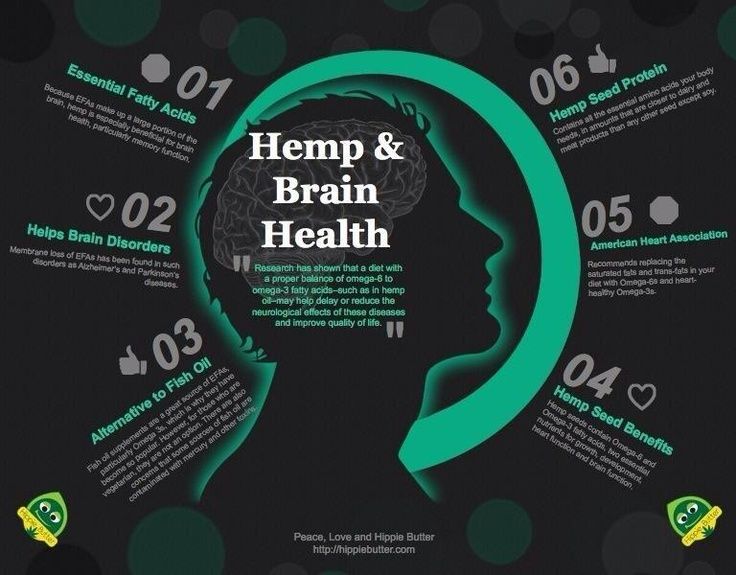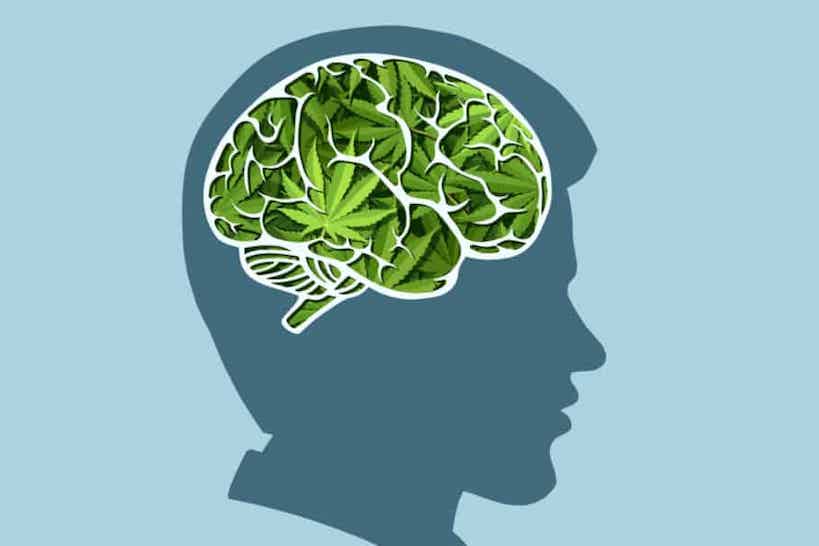A study which tentatively links teenage use of cannabis use to later depression in adulthood “cannot prove that cannabis use in teenagers caused depression in young adults”, the NHS has said. That didn’t stop the scaremongering headlines from being printed by the irresponsible British media, of course.
“Teen cannabis use is to blame for 60,000 people suffering depression in the UK,” claimed The Sun. “Smoking cannabis in your teens IS linked to depression in later life,” trumpeted the Mail.
Headlines in other papers were less sensational, but reflected the shallowness of the study itself, whose headline finding was that “teenagers aged under 18 who used cannabis were 37% more likely to get depression in early adulthood than teenagers who didn’t”.
The study’s researchers are from the McGill University in Canada, Rutgers University in the US and the University of Oxford in the UK. It was funded by the Canadian Institutes of Health Research, the Quebec Network on Suicide, Mood Disorders and Related Disorder, and the UK’s National Institute for Health Research. The study was published in the peer-reviewed journal JAMA Psychiatry.
This was a systematic review and meta-analysis of cohort studies – a study of other studies. These are done to summarise the state of research into a topic and to spot patterns and links between risk factors.
“However, they cannot prove cannabis use causes depression,” says the NHS analysis, adding:
“Depression is a complex disorder with many potential risk factors, including hereditary influence and life circumstances. Other, unmeasured factors may have contributed to the study results. For example, difficult childhood circumstances could increase both the chances of getting depression as a young adult, and of using cannabis as a teenager.”
The Mail’s claim that “half a million” cases of adult depression “could be prevented” if teenagers avoided cannabis is, says the NHS, an “oversimplification”, adding: “They are based on the researcher’s estimate that 7% of the cases of depression recorded in the study among adults aged 18 to 32 might be attributable to cannabis use. It is unclear whether this statistic would translate to all adult cases of depression in the UK.
“The reporting in The Guardian and BBC News did explain that the results could not prove a direct cause and effect link. Other UK sources did not make this point clear.”
The researchers themselves admit that “this meta-analysis suggests that cannabis exposure could be one factor [our emphasis] contributing to depression in young adulthood” and that a “strong causal association cannot be made”!
The NHS analysis casts further doubt on the study:
“The study doesn’t include some important information, such as the amount or potency of cannabis used, whether people used other drugs, their alcohol and tobacco use, or whether people were in school and what their home environment was like. We don’t know whether people in the studies continued to use cannabis after the age of 18, so continuing drug use could also have affected the results.
“The studies included in the review assessed depression and suicidal thoughts through a variety of methods, so we don’t know if the results would have been the same if all studies had used the same method.

“While the study does provide the increase of risk in depression in people who smoked cannabis compared to those who didn’t (the relative risk), it doesn’t provide a figure of how many people were in this group. And this group could consist of just a small amount of people. So the overall increase in risk in terms of population levels (absolute risk) could still remain low.”
However, the NHS still ends by saying that “this is one of those cases where it would seem sensible to avoid the risk of cannabis”
Ian Hamilton, a researcher in psychology at University of York, told UKCSC: “I think at best this is too simplistic but unfortunately is typical of ‘official’ advice. The NHS analysis is helpful but to me this is a missed opportunity as a more balanced and accurate response or advice would be to recognise that it is a minority of children (or adults) using cannabis that will develop a problem. Even then we still can’t say with confidence that it is cannabis that is to blame as young people will do a range of other things, including using other drugs, that can increase the risk of developing problems, including mental health issues.
“This study and others which seek to explore the role of cannabis in the problems people develop need to include more information. For example details about the type of cannabis their participants used, the dose and frequency. Also, more details about other types of drugs and medicines used, as several drugs – legal or illegal – might contribute to people’s mental health.
“Overall there is still a lot we don’t understand about the relationship between cannabis and mental health, for example whether people who begin to feel depressed seek out drugs like cannabis in order to feel better or just different, or whether cannabis amplifies the symptoms of depression in people who are already depressed but not formally diagnosed as yet.”
The study also does not account for people that are using cannabis as a medicine for underlying depressions.
How depressing it is to know that your medicine is illegal or that the way you relax after work, a way you know to be safer than legal alcohol, could get you a criminal record, which would mean you’d never be able to go and check out legal weed in in the US….
The truth is that nobody knows if cannabis causes depression at all. Prohibition has severely limited the research. It is far more likely that people who are depressed use cannabis for relief from depression. We do not pretend that this works for everyone and it certainly isn’t always a good idea for some people. What is so wilfully misunderstood about cannabis and the psychoactive THC ingredient is that it heightens lucidity to a level that we are not used to in everyday life. Therefore, if a person already has things to be depressed or paranoid about, those things can be amplified. If the people who oppose cannabis so much hadn’t built a society where there is so much to be depressed and paranoid about, the experience of heightened lucidity would almost always be purely elating!





Comments (2)